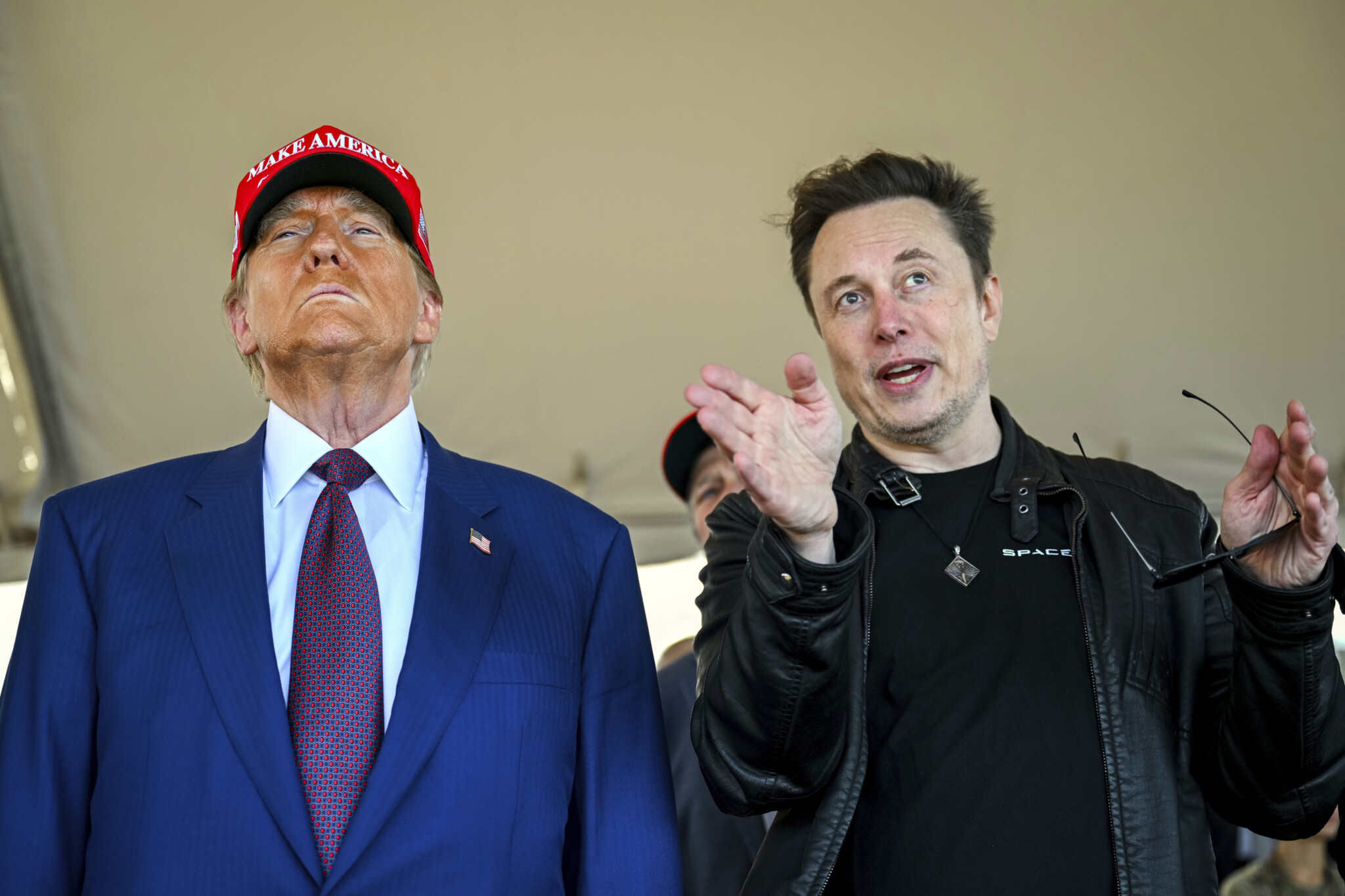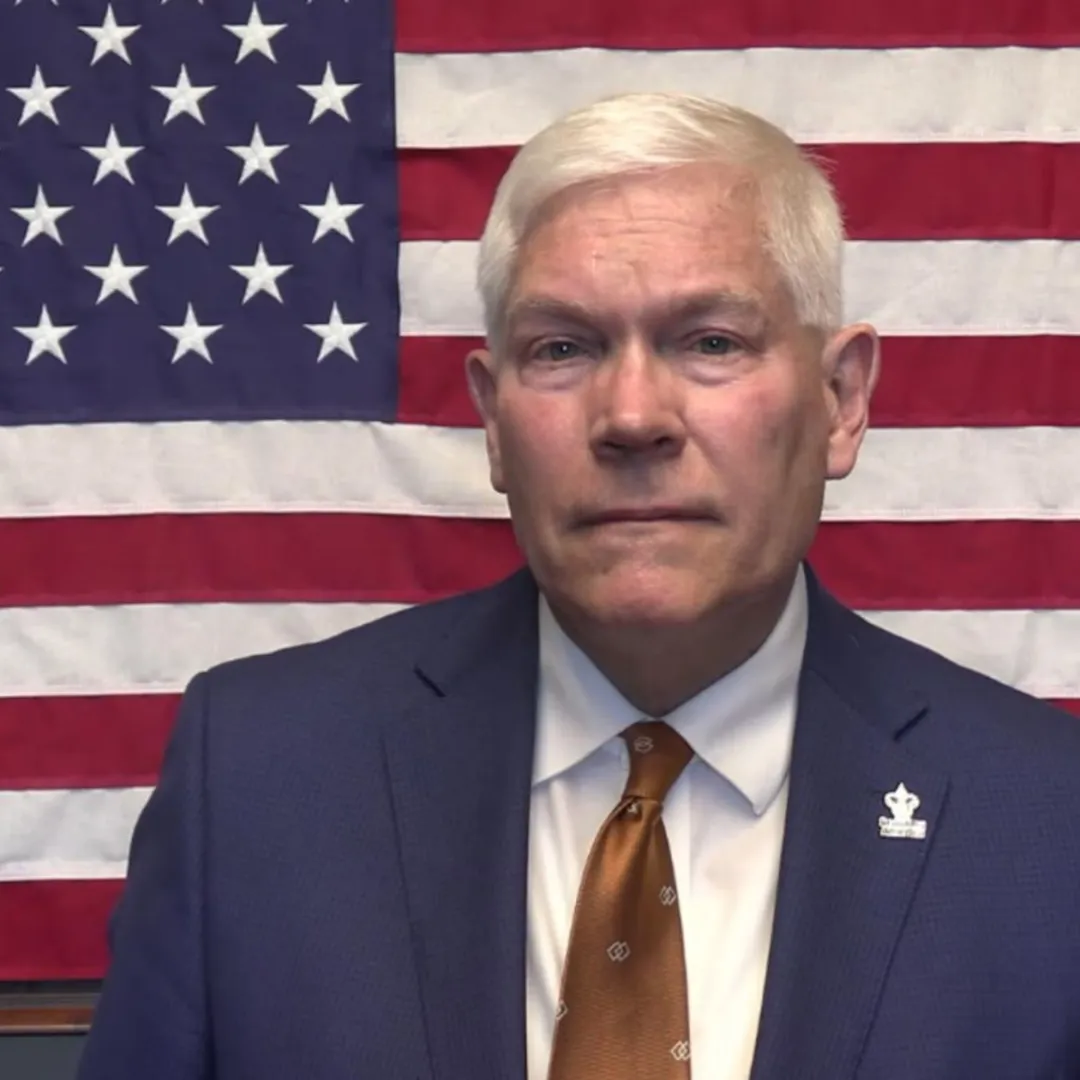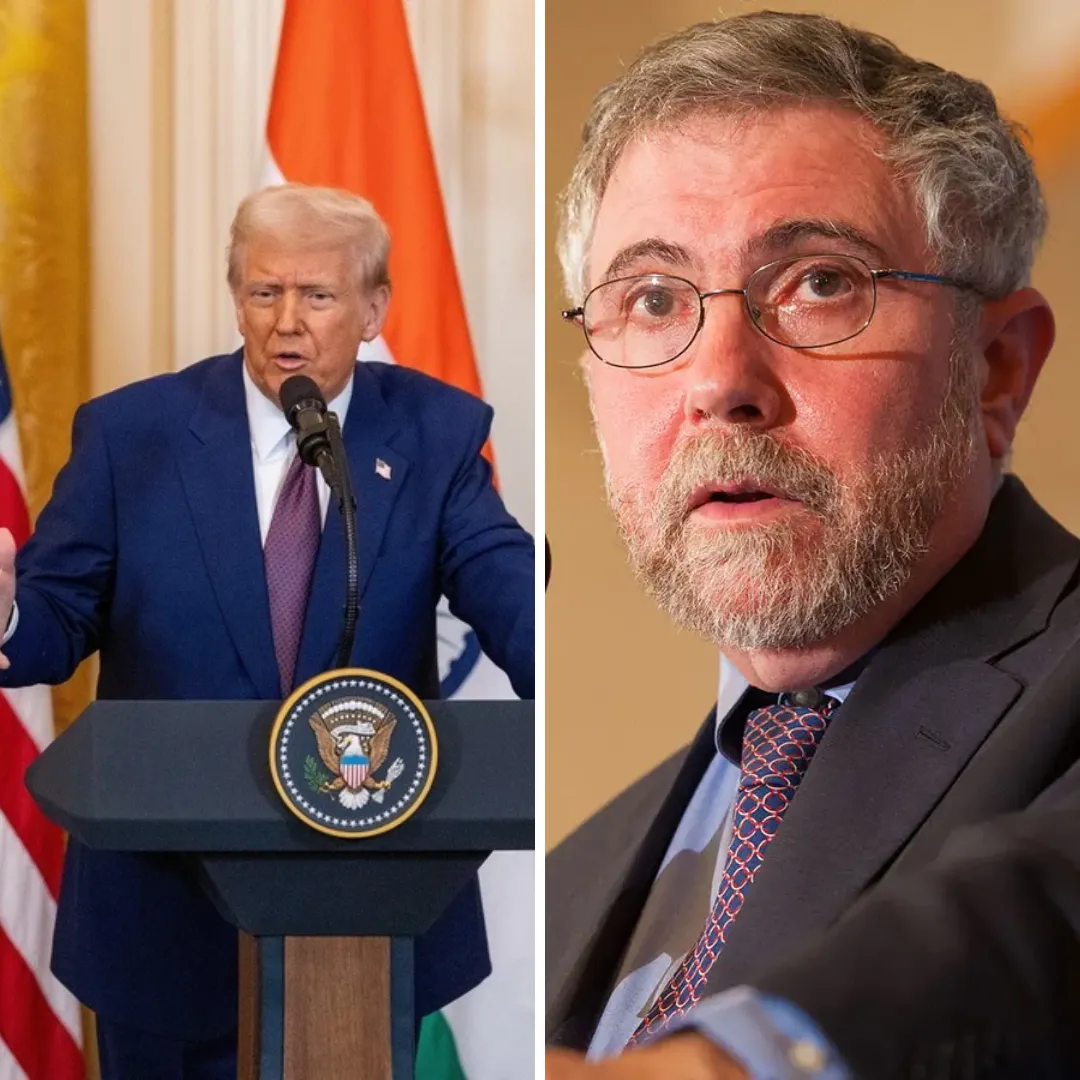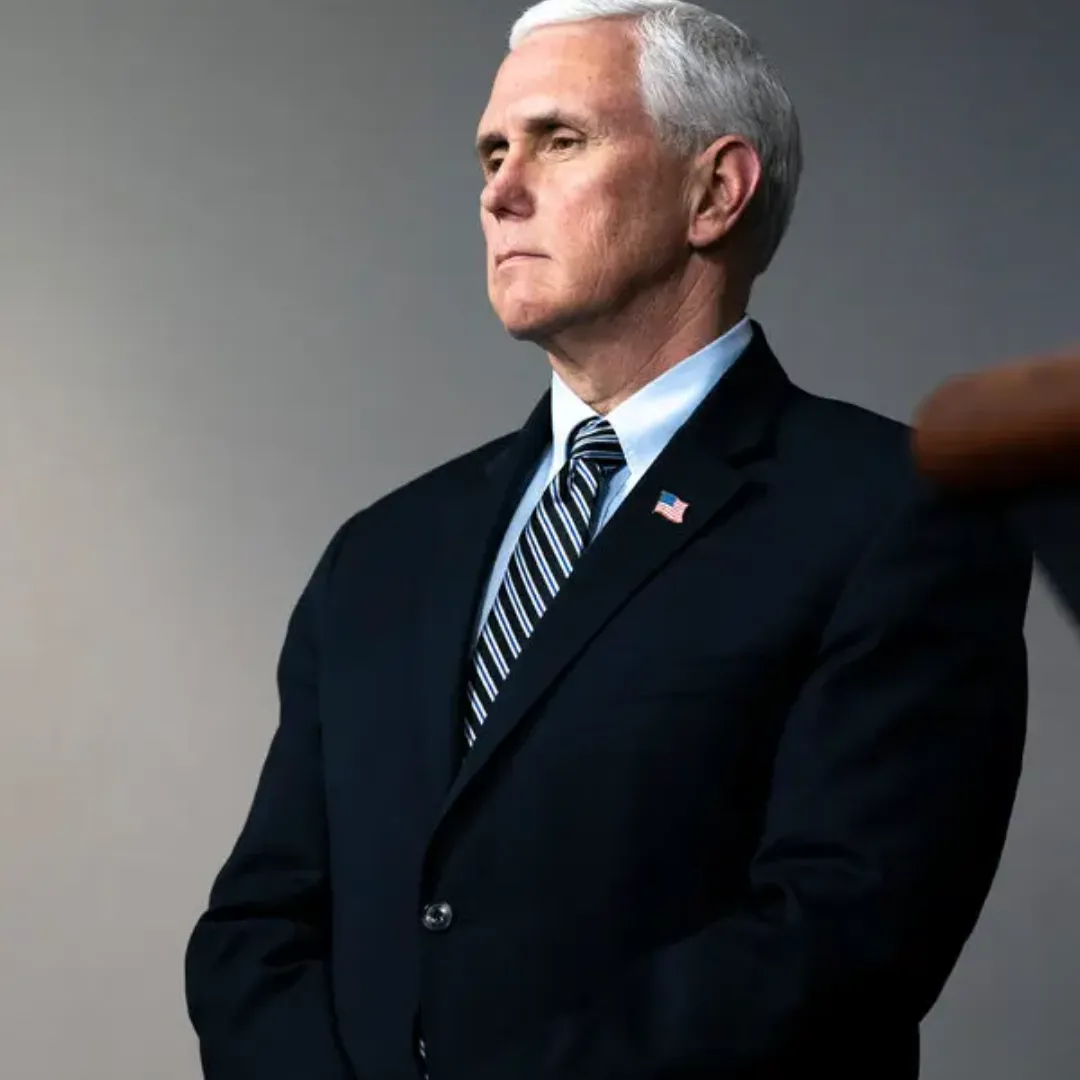
For months, Elon Musk was one of the most powerful, visible, and polarizing figures in Donald Trump’s second-term administration — a billionaire tech mogul with unfiltered access to the president, an office near the West Wing, and the reins of a sweeping initiative to gut federal agencies under the Department of Government Efficiency (DOGE).
But now, according to multiple insiders close to the Trump White House, that era is coming to a close.
President Trump has told members of his Cabinet and inner circle that Musk will soon step back from his role as a “special government employee” and informal power broker. While both men remain on good terms — at least publicly — the shift represents a significant recalibration of one of the administration’s most unconventional and controversial relationships.
The decision, sources say, stems from a growing recognition within Trumpworld that Musk has become more of a political liability than an asset — a wildcard whose off-script moves, public statements, and sheer unpredictability have created headaches for the very administration he’s been trying to help transform.
When Musk first joined the administration in an official advisory role, the move was hailed by Trump allies as a masterstroke. Here was a globally recognized entrepreneur pledging to help the president cut waste, modernize the federal government, and bring Silicon Valley-style disruption to Washington.
And for a time, Musk delivered. The DOGE initiative led to tens of thousands of federal job cuts, the consolidation of agencies, and headline-friendly claims of rooting out “fraud, waste, and abuse.” Trump praised Musk regularly, calling him a “patriot” and “friend,” and credited him with saving taxpayers billions.
But even in those early days, tensions were brewing. Cabinet secretaries bristled at Musk’s aggressive approach and erratic communication style. His tendency to bypass standard protocol — issuing directives via surprise emails or vague social media posts — left key officials blindsided.
White House Chief of Staff Susie Wiles and others repeatedly had to scramble to manage the fallout.
“It was like having a second president,” said one senior administration official. “Except this one didn’t have to run for office or follow any rules.”
The situation began to shift more dramatically in recent weeks.
Musk’s high-profile involvement in a failed Wisconsin judicial race — where he poured millions into supporting a conservative candidate who lost by double digits — raised alarm bells among Republicans.
Many saw it as a warning sign: Musk was no longer simply a technocrat; he was becoming a symbol Democrats could rally against.
“He became a lightning rod,” said one Trump adviser. “Instead of helping the agenda, he was overshadowing it.”
The backlash didn’t just come from outside. Within the administration, several officials expressed frustration that Musk routinely failed to communicate with key players. In one case, he proposed a sweeping reorganization of the Department of Education via a post on X (formerly Twitter), without informing the department’s own leadership.
In another, he made disparaging remarks about Social Security on a podcast — directly contradicting Trump’s position.
The final straw may have come in March, when reports surfaced that the Pentagon had considered briefing Musk on classified materials related to China. The optics — given Musk’s deep business ties to the region — were disastrous.
While the administration downplayed the incident, insiders say it rattled Trump and Wiles alike. “You wouldn’t show it to a businessman,” Trump said afterward, signaling a subtle but unmistakable shift in tone.
Despite the friction, Musk and Trump appear eager to frame the exit as a “mission accomplished” moment. Musk himself told Fox News that the DOGE initiative would meet its goal of trimming $1 trillion from the federal deficit by the time his 130-day special employee status expires in late May or early June.
White House officials say Musk will retain an informal role and continue to advise the president — but he’ll no longer be a daily presence in the halls of power.

That’s a relief to many inside the West Wing.
“There was a feeling of whiplash every day,” said one official. “You never knew what Elon was going to do next — or tweet.”
Others were more blunt: “He’s a genius, but he’s a one-man wrecking ball.”
The Trump–Musk partnership was always unusual. Both men admire showmanship, value disruption, and see themselves as warriors against the “deep state.” But their styles — and egos — clashed more than once.
Musk, allies say, genuinely wanted to help and was willing to admit when he crossed a line. But his inability (or unwillingness) to coordinate with the administration created more problems than solutions.
Trump, for his part, continued defending Musk even as internal criticism grew. He encouraged Musk to get “more aggressive” when lawmakers pushed back against DOGE cuts.
He shielded him from Cabinet backlash over a controversial email demanding federal workers justify their jobs. And he even allowed Musk to attend Cabinet meetings wearing a MAGA hat.
But as midterm elections near and Democrats sharpen their attacks, Trump appears increasingly focused on avoiding unnecessary controversy.
His recent decision to pull Rep. Elise Stefanik’s UN ambassador nomination — out of concern for the GOP’s fragile House majority — signals a more cautious strategy. “At some point Elon’s gonna want to go back to his company,” Trump said this week. “He wants to. I’d keep him as long as I could.”
Musk’s exit won’t erase his imprint on Trump’s presidency. DOGE remains one of the most transformative and controversial aspects of the administration. The workforce cuts, agency restructurings, and digital reforms will shape the federal government for years to come.
But his departure may mark the end of an era — one in which a tech billionaire, unbound by political norms, wielded immense power in the name of efficiency.
For Musk, it may also be a strategic retreat. His defenders say he recognized the risks of overstaying, especially as the administration’s tone shifted and the spotlight intensified.
“He took the arrows so Trump didn’t have to,” said one longtime adviser. “But even a lightning rod has a shelf life.”




